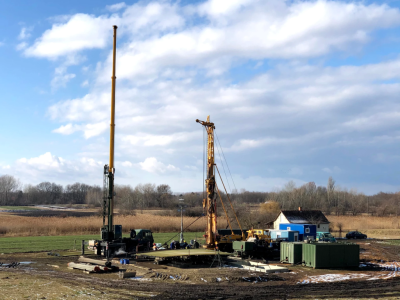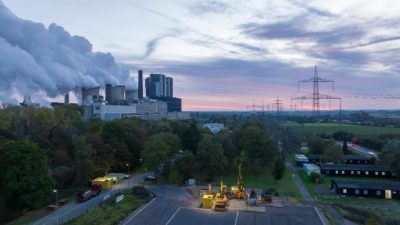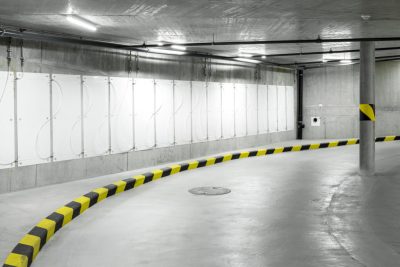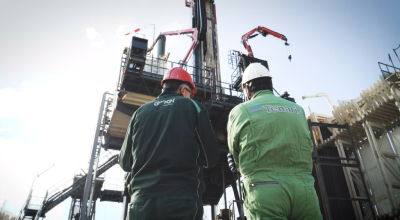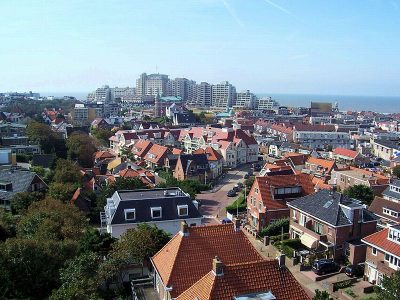Updated legislation in Germany re-strengthens geothermal sector
In a joint statement by the German Geothermal Association and the Industry Forum, the industry highlights the positive aspects of the changes to renewable energy legislation in the German parliament today, which it says helps to re-strengthening the sector and development.
In a joint statement, the Geothermal Association and the Geothermal Industry Forum react positively to the update of the Renewable Energy Law (EEG) that was passed in the German Parliament today.
As part of the changes to the legislation, geothermal receives prolonged intermediary terms for the introduction of tender.
“The decision today, increases investment security for the power generation through geothermal energy for current and planned projects, which will be started within the next two years.”, so Dr. Erwin Knapek, the president of the Association and Director of the Industry Forum.
“The prolonging of the fix tariffs is important, as the planning and construction time for geothermal installation takes a comparably long time. The concise exploration work and project planning simply takes a certain time”, so Knapek. The lengthy permitting process, planning and actual construction, simply takes up to seven years. “Changes to the feed-in-tariffs within the legislation could be changed numerous times, before a plant actually starts operation, which hardly allows an calculation and makes development more difficult”.
The release therefor sees the updates now passed in the parliament as an important sign for the geothermal industry in Germany. The geothermal power sector in Germany is still young. It is therefore useful to not put them in the same boat as established renewable energy technologies.” Today there are seven geothermal power plants in Germany, which all have started operations within the past seven years. The industry plans to build many more and the new legislation now provides the necessary basis.
The Press Release by the German Association though also adds some critical remarks. The now introduced tender system is mentioned in particular. Tender or auctions are a hinderance for the development of renewable energy projects. As examples are given countries like the Netherlands, where auctions are the reason for many projects not even seeing the light of day. IN Great Britain and the Czech Republic auction schemes have therefore already been stopped. The tests now introduced for Solar PV installations are seen as a good way to establish if they can create the much needed price drop going forward.
Source: partly translation of the Press Release sent by email








